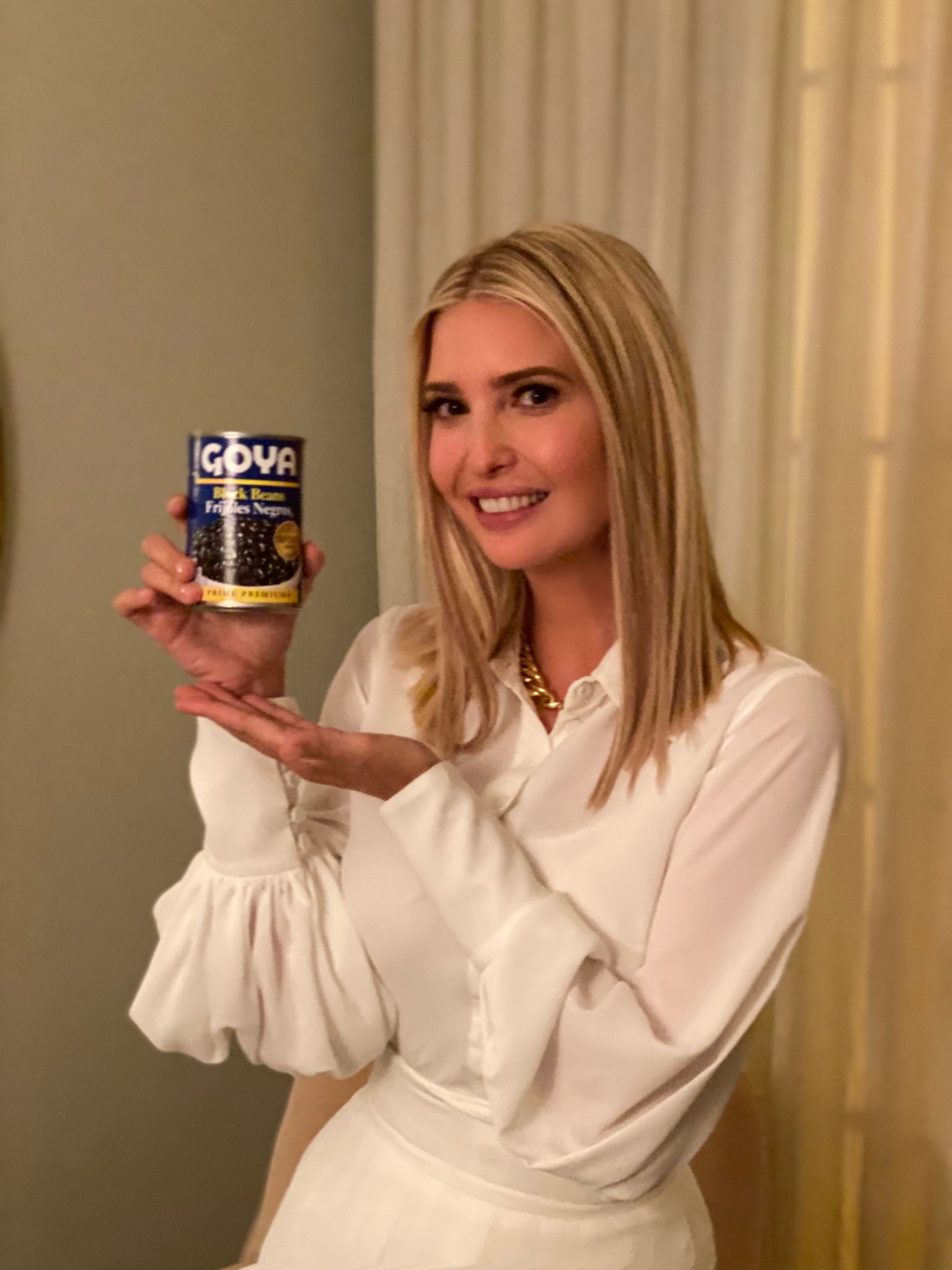Almeida, G., Struchiner, N., Hannikainen, I.
(April 17, 2023). Kevin Tobia (Ed.),
Cambridge Handbook of Experimental Jurisprudence.
Cambridge University Press, Forthcoming
Abstract
Rules are ubiquitous. They figure prominently in all kinds of practical reasoning. Rules are especially important in jurisprudence, occupying a prominent role in answers to the question of “what is law?” In this chapter, we start by reviewing the evidence showing that both textual and extra-textual elements exert influence over rule violation judgments (section II). Most studies about rules contrast text with an extra-textual element identified as the “purpose” or “spirit” of the rule. But what counts as the purpose or the spirit of a rule? Is it the goal intended by the rule maker? Or is purpose necessarily moral? Section III reviews the results of experiments designed to answer these questions. These studies show that the extra-textual element that's relevant for the folk concept of rule is moral in nature. Section IV turns to the different explanations that have been entertained in the literature for the pattern of results described in Sections II and III. In section V we discuss some other extra-textual elements that have been investigated in the literature. Finally, in section VI, we connect the results about rules with other issues in legal philosophy. We conclude with a brief discussion of future directions.
Conclusion
In this chapter, we have provided an overview of the experimental jurisprudence of rules. We started by reviewing evidence that shows that extra-textual elements influence rule violation judgments (section II). We then have seen that those elements are likely moral in nature (section III). There are several ways to conceptualize the relationship between the moral and descriptive elements at play in rule violation judgments. We have reviewed some of them in section IV, where we argued that the evidence favors the hypothesis that the concept of rule has a dual character structure. In section V, we reviewed some recent studies showing that other elements, such as enforcement, also play a role in the concept of rule. Finally, in section VI, we considered the implications of these results for some other debates in legal philosophy.
While we have focused on research developed within experimental jurisprudence, empirical work in moral psychology and experimental philosophy have investigated several other questions related to rules which might be of interest for legal philosophers, such as closure rules and the process of learning rules (Nichols, 2004, 2021). But an even larger set of questions about the concept of rule haven’t been explored from an empirical perspective yet. We will end this chapter by discussing a few of them.
If you do legal work, this chapter may help with your expertise. The authors explore how ordinary people understand the law. Are they more intuitive in terms of interpretation or do they think that law is intrinsically moral?



















